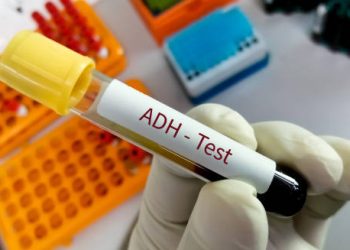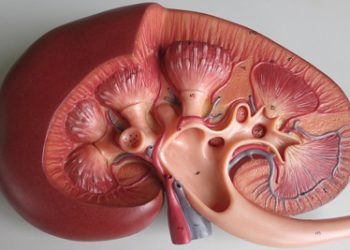Diagnosis of Alzheimer’s Disease
The Diagnosis of Alzheimer’s Disease can be challenging, especially in the early stages when symptoms are subtle. There is no single test — diagnosis is made based on clinical evaluation, medical history, and sometimes brain imaging.
Step 1: Clinical Assessment
Doctors begin by assessing:
- Memory loss and cognitive decline
- Behavioural changes or personality shifts
- Impact on daily functioning
They may use standardised tools such as the Mini-Mental State Examination (MMSE) or MoCA (Montreal Cognitive Assessment) to evaluate thinking and memory skills.
Step 2: Medical History
The doctor will ask about:
- When symptoms started
- Family history of dementia
- Other health conditions (e.g. diabetes, high blood pressure)
- Medications that may affect cognition
Step 3: Rule Out Other Causes
It’s important to exclude other conditions that may mimic Alzheimer’s:
- Vitamin B12 deficiency
- Thyroid problems
- Depression or anxiety
- Medication side effects
Step 4: Imaging and Lab Tests
- CT or MRI scans can reveal brain shrinkage or damage.
- Blood tests check for other health issues.
- PET scans may be used in some cases to detect amyloid buildup.
Early Diagnosis Matters
Identifying Alzheimer’s early allows families to:
- Plan for future care
- Begin treatment while symptoms are mild
- Access support services and financial planning
In South Africa, public hospitals and memory clinics are increasingly offering dementia assessments, but rural access remains a challenge. Raising awareness is key to reducing delayed or missed diagnoses.
👉 [Next: Treatment for Alzheimer’s Disease]


